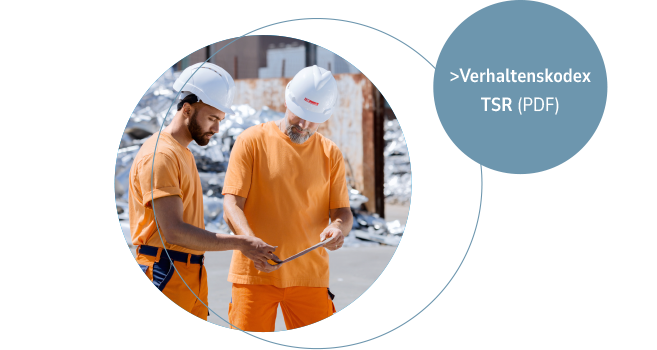Suche
Standorte TSR
Hier finden Sie alle TSR-Niederlassungen, wahlweise als Karten- oder Listendarstellung. Kontaktinformationen inklusive.
Standorte REMONDIS-Gruppe
Entdecken Sie die Welt von REMONDIS mit rund 800 Niederlassungen und Beteiligungen in über 30 Staaten Europas, Afrikas, Asiens und Australiens.
VERANTWORTUNG
Erhalten, was unser aller Zukunft ist
Nachhaltige Rohstoffversorgung basiert auf innovativen Ideen, die ohne den Abbau von Primärressourcen auskommen. Nur so lassen sich Umweltzerstörung und Klimawandel in Grenzen halten und die Lebensgrundlagen für zukünftige Generationen bewahren.
Circular Economy – die treibende Kraft bei Ressourcen- und Klimaschutz
Die Kreislaufwirtschaft im Allgemeinen und Recycling im Speziellen tragen erheblich dazu bei, Rohstoffe zu schonen und Emissionen zu reduzieren. Allein das Potenzial im Bereich Klimaschutz ist enorm.
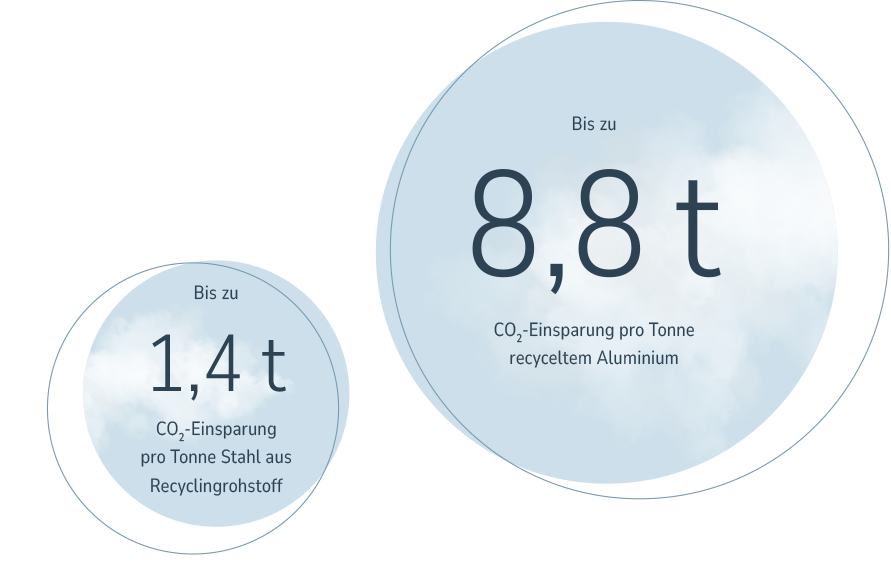
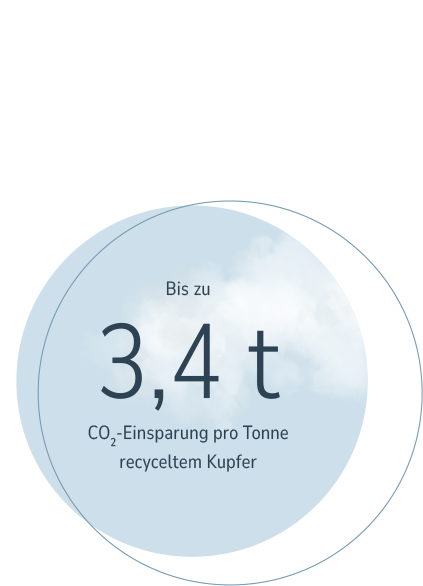
Jährliche Einsparungen durch TSR

CO2
Recyclingrohstoffe zu verwenden, anstatt Metalle neu aus Primärressourcen herzustellen, führt zu einer extremen Reduzierung von Emissionen.

Energie
Durch unsere Recyclingaktivitäten wird jährlich so viel Energie eingespart, wie 2,6 Millionen Dreipersonenhaushalte benötigen.

Eisenerz
Je mehr Stahl und Eisen recycelt wird, desto weniger Erz muss abgebaut werden. Das schont nicht nur Ressourcen, sondern auch Umwelt und Klima.

Kohle
Bei der Herstellung von Metallen werden Erze mit Kohle geschmolzen. Dementsprechend führt konsequentes Recycling dazu, dass weniger Kohle abgebaut werden muss.
* Berechnungsgrundlage sind die 2024 von der TSR Group erfassten und dem Recycling zugeführten Mengen an Stahl, Aluminium und Kupfer sowie die von TSR in Auftrag gegebene Prognos-Studie (2022) und die Datengrundlagen des BDEW und der BIR
** Berechnungsgrundlage sind die 2024 von der TSR Group erfassten und dem Recycling zugeführten Mengen an Stahl sowie die von TSR in Auftrag gegebene Prognos-Studie (2022) und die Datengrundlagen der BIR

Einzigartiger Mehrwert für TSR-Kunden: Alle Einzelheiten zur mit unserer Hilfe erzielten CO2-Reduzierung gibt es auf Wunsch in Form eines Nachhaltigkeitszertifikats (Beispiel-PDF)
Erwarten Sie ruhig mehr von uns.
Wir tun es auch
Recyclingrohstoffe sind für uns mehr als ein Geschäftsfeld. Sie sind unsere Mission im Auftrag der Zukunft. Die Lebensgrundlage von Folgegenerationen lässt sich nur durch möglichst vollumfänglichen Verzicht auf Primärrohstoffe erhalten. Jedes abgebaute Gramm Eisenerz, Bauxit und Co geht mit Umweltzerstörung, Artensterben und CO2-Emissionen einher. Und das in teils verheerenden Dimensionen. Unsere Aufgabe als TSR ist es, dem mit aller Kraft entgegenzuwirken und die Industrie mit hochwertigen Recyclingrohstoffen zu versorgen. Dabei haben wir neben der ökologischen auch immer die soziale Komponente im Blick. Die Rohstoffversorgung auf Recyclingbasis hat den Vorteil, dass sie ethisch-moralisch unbedenklich und unter Berücksichtigung der Menschenrechte vonstattengeht. Im Zusammengang mit dem Abbau von Primärrohstoffen ist das bei Weitem nicht immer der Fall.

Wir garantieren die Einhaltung aller aktuellen und künftigen Anforderungen bezüglich ESG-Reporting und Lieferkettensorgfaltspflichtengesetz.

Bei allen Stoffströmen wird die rechts- und umweltkonforme Behandlung strengstens kontrolliert.

hat TSR ein komplett neues Arbeitsschutzmanagementsystem eingeführt
Generell sind unsere Betriebsstätten zertifiziert nach ISO 9001, 14001 und 50001. Mehr hierzu auf unseren Standortseiten tsr-recycling.de

Nachhaltigkeit bei TSR.
Gelebt und vorgelebt
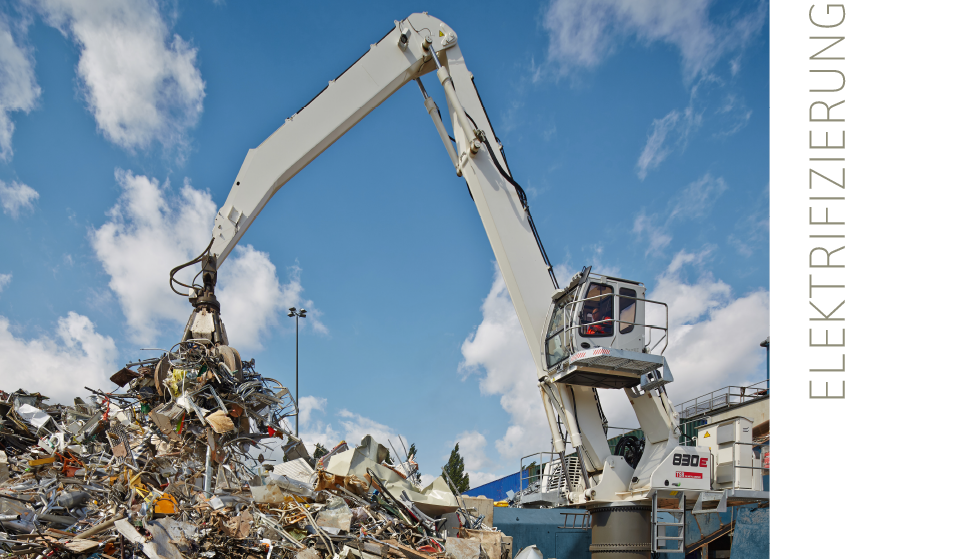
Wo immer möglich setzen wir bei unseren Maschinen auf Elektrifizierung. Fahrzeuge auf unseren Plätzen werden weitestgehend hybrid betrieben. Allein das spart 30 Prozent Energie ein.
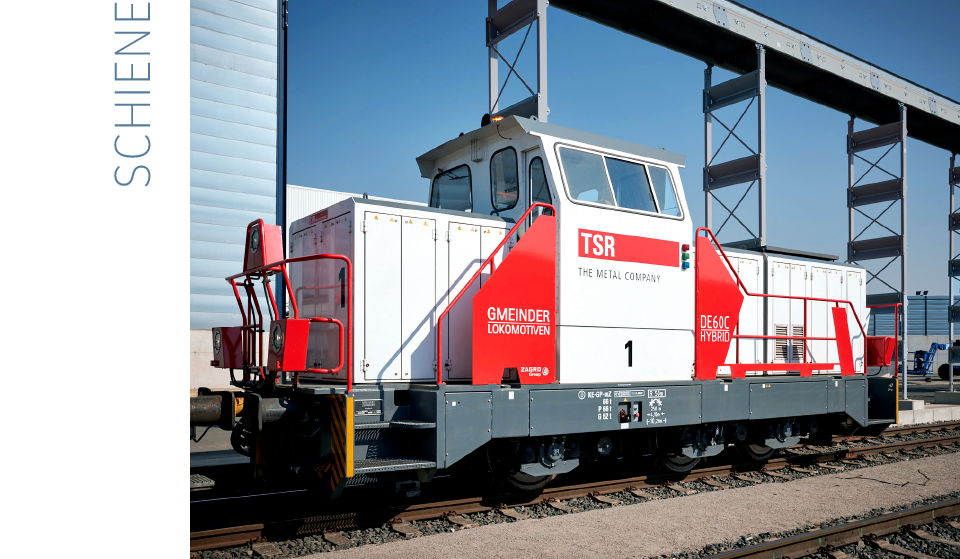
Als große übergeordnete Maßnahme verlagern wir unsere Logistik wo immer möglich auf die Schiene. Einfach, weil es die mit Abstand beste Lösung in Sachen CO2 ist.
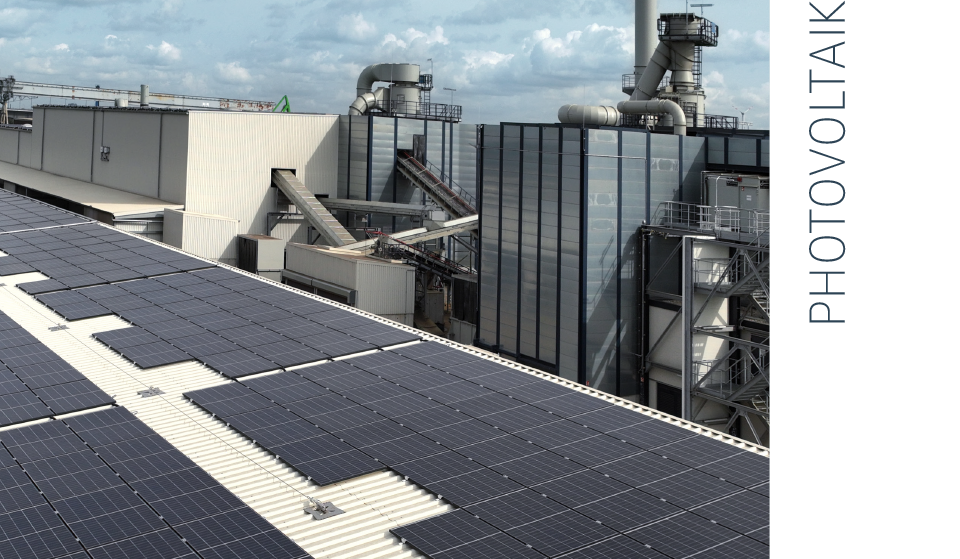
An allen Gebäuden nehmen wir kontinuierlich energetische Sanierungen vor. Große Standorte mit besonders energieintensiven Shreddern und Scheren werden mit Photovoltaik ausgestattet.
Beispielhafte Zahlen zum Thema Photovoltaik bei TSR
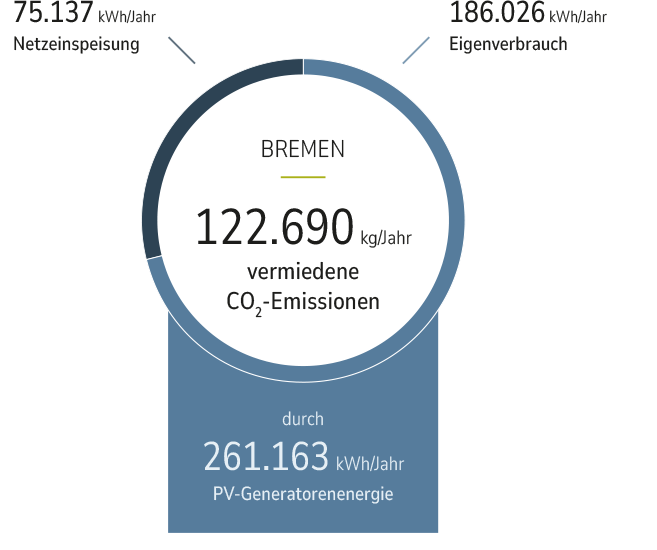
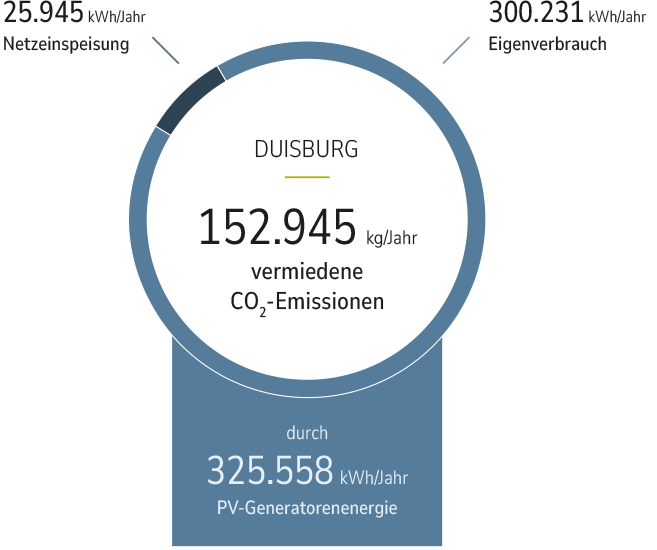
Unsere Haltung – fest verankert in Compliance-Richtlinien
Wir handeln nach strikten ethisch-moralischen Standards und stehen für diese mit Überzeugung ein. Das Ganze – samt definierter TSR-Kultur – findet sich schriftlich fixiert in unserem Verhaltenskodex. Zudem verfügen wir über ein umfassendes Compliance-Management-System. Im Rahmen dessen haben wir Maßnahmen implementiert, um regelgerechtes Verhalten zu fördern und nachhaltig sicherzustellen.
Seriöse Hinweise helfen uns, Verstößen frühzeitig entgegenzuwirken und Schäden für unser Unternehmen, unsere Mitarbeiterinnen und Mitarbeiter sowie für Geschäftspartner zu reduzieren. Wir bieten Ihnen drei Möglichkeiten, Verstöße zu melden:
Per Telefon:
+49 2306 106-210
Per Mail:
compliance.remondis@rethmann.com
Per Brief (anonym möglich):
TSR Group GmbH & Co. KG // Brunnenstraße 138 // 44536 Lünen // Deutschland // z. Hd. Compliance
Bitte berücksichtigen Sie, dass wir bei anonymen Eingaben keine Möglichkeit haben, uns mit Rückfragen an Sie zu wenden.
